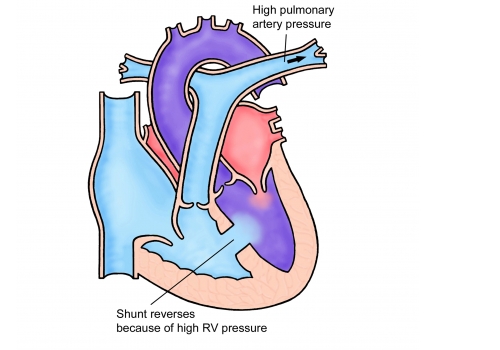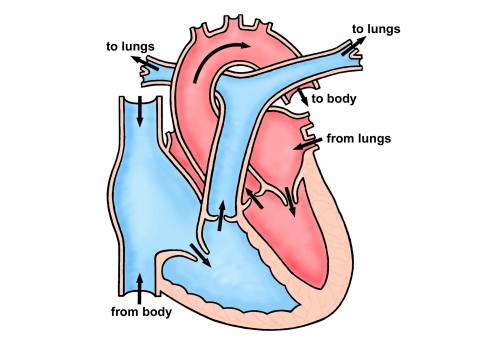Adult
- About
- Meet The Team
- Conditions
- Anticoagulation in Pregnancy
- Aortic Dilatation and Pregnancy
- Aortic Valve Disease
- Aortic Valve Replacement
- Atrial Septal Defect
- Coarctation - Transcatheter stent (keyhole) treatment
- Coarctation of the Aorta
- Congenitally Corrected Transposition of the Great Arteries
- Ebsteins Anomaly
- Eisenmenger’s Syndrome
- Fontan Circulation
- Mitral Valve Repair/Replacement
- Normal Heart
- Patent Foramen Ovale
- Pregnancy information for women with metal heart valves
- Pulmonary Incompetence
- Pulmonary Stenosis
- Pulmonary Valve Replacement - Surgery
- Pulmonary valve replacement - Transcatheter (keyhole) treatment
- Repaired Atrioventricular Septal Defects
- Sub-aortic Stenosis
- Surgical treatment of Atrial Septal Defect
- Tetralogy of Fallot
- Transposition of the Great Arteries - The Atrial Switch (Mustard or Senning) procedure
- Transposition of the Great Arteries – Arterial Switch
- Ventricular Septal Defect
- Ventricular Septal Defect - Transcatheter (keyhole) treatment
- Patient Feedback
- Making the most of your clinic appointment
- Your Appointment in Outpatients
- Easy Read Guide for Out Patients
- Cardiac Catheter
- Transoesophageal Echocardiogram
- MRI
- Surgery & "Top Tips" for coming into hospital
- Lifestyle Advice
- Exercise
- Heart Failure
- End of Life and Palliative Care
- Looking after your oral health
- Dentists Information Section: Dental care in adults at risk of Infective Endocarditis
- Yorkshire Regional Genetic Service
- Support
- Video Diaries
- Second Opinion
- Monitoring Results at Leeds Infirmary
- Professionals
Eisenmenger’s Syndrome
Eisenmenger’s Syndrome occurs when a hole in the heart (or other defect) allows too much blood to reach the lungs in childhood, damaging the lung arteries and leading to high blood pressure in the blood vessels in the lungs. This high blood pressure in the lungs is called ‘pulmonary hypertension’. As a result of the high pressure it is difficult for the heart to pump blood round your lungs and some blue blood leaks into the red side, often causing you to be a little blue (cyanosed).


Symptoms
These are very variable. Many people feel very well with Eisenmenger’s syndrome for many years. Some people are short of breath on exercise and may be generally tired. Chest pains occur from time to time, but are not usually a sign of major problems. Palpitations, fainting and coughing up blood are important symptoms that you should always tell your doctor about.
Blood abnormalities
If you are cyanosed (blue), your blood becomes thicker than normal. This can lead to headaches and loss of concentration, pains in arms and legs and pins and needles. Some doctors also think that there is an increased risk of blood clots on the lungs and brain, but this is not proven. Sometimes thicker blood does not clot as well as it should do. Very occasionally, if a patient’s blood gets extremely thick, we may need to take a pint off (‘venesection’), but this is rare.
Heart pump problems
As the blood pressure in the lungs increase, the right side of the heart has to work harder to push the blood around the lungs. Over time, this pumping action of the heart can become tired. This makes you more breathless on exercise and can cause fluid to collect around your ankles and stomach.
Heart rhythm problems
High pressure in the lungs causes the heart to stretch. This can lead to abnormal heart rhythms. This can give symptoms of palpitations, dizziness and fainting. Abnormal rhythms can also increase the risk of developing clots in the heart.
Treatment
There is no cure at present for Eisenmenger’s syndrome. Treatment is therefore aimed at controlling symptoms and preventing complications. It is tailored to each individual.
Anticoagulation
We may prescribe you blood thinning medication to decrease your chance of forming clots.
Heart medication
Water tablets (diuretics) make you pass urine more frequently and therefore decrease the amount of excess fluid in your body. This takes pressure off the heart allowing it to pump more easily. This should make you less breathless and should also decrease the swelling in your ankles and abdomen.
Medication that lower the pressures in the lungs
There are some medications that can be prescribed to try to slow the progression of high blood pressure in the lungs. These are prescribed and delivered to you by the specialist unit in Sheffield. Some of these drugs require blood tests every few months at your GP surgery.
Other points to consider
Endocarditis
You NO LONGER need to take antibiotics for dental work and during surgery to decrease the risk of endocarditis. It is important to maintain good dental hygiene. Due to the increased risk of infection, we would advise against tattoos and piercings.
Pregnancy
Pregnancy is not recommended in patients with Eisenmenger’s syndrome. It carries a risk to the mother’s life of up to 50%. You should therefore use a reliable method of contraception. The combined oral contraceptive pill should be avoided but there are plenty of other progrestogen -only preparations which are very effective.
Travel
Many people with Eisenmenger’s syndrome travel on holiday. Flights can make you more breathless, particularly if they are long haul. Oxygen on a flight should prevent this, but you will need to arrange this with the airline beforehand. Some airlines charge extra for this service. Remember to declare your heart condition when booking holiday insurance, to ensure you are properly covered.
Adult Congenital Heart Team
Leeds General Infirmary
